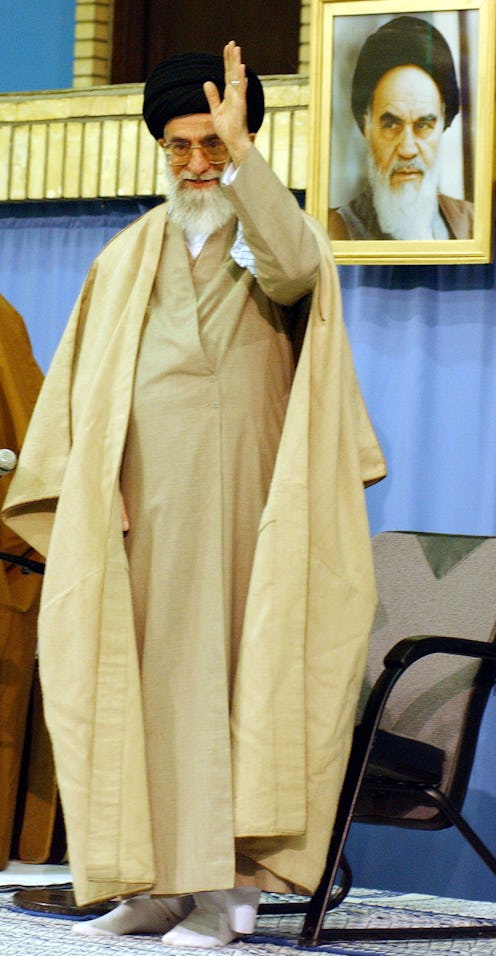News
Will Iran Nuke Deal Open Way for Nuclear Energy?
A nuclear deal with Iran may be just around the corner, but officials on all sides say it's not time to celebrate just yet. United States secretary of state John Kerry didn't give away too many details about the potential agreement, instead emphasizing that talks are still in very early stages but that any deal would not allow Iran to progress towards a nuclear weapon. This has been an issue of huge concern for Israel, which has had long-standing tensions with Iran, as well as for some members of congress. At stake for Iran in the deal is an easing of sanctions from China, Russia, the United States, France, Germany, and Britain.
"We will not allow this agreement should it be reached — and I say, should it be reached — to buy time or to allow for the acceptance of an agreement that does not properly address our core, fundamental concerns," Kerry said, emphasizing a commitment to blocking Iran from obtaining nuclear weapons.
But Iran has long maintained that its uranium enrichment programs are headed to peaceful ends, like the development of nuclear energy. Negotiating a compromise around that will be one of the biggest hurdles for negotiators to clear in the talks. U.S. national security adviser Susan Rice suggested that a peaceful uranium enrichment program, coupled with international oversight, would actually create a way for the international community to keep tabs on Iran's overall nuclear state.
"The international community would have unprecedented access to Iran's nuclear facilities and full transparency into what they're doing, so they wouldn't have the ability to sneak out or break out," Rice said.
The talks have even gotten a stamp of approval from Iran's supreme leader, the ayatollah Ali Khamenei (albeit with red lines drawn in the sand). But Israel is not quite on board, with prime minister Benjamin Netanyahu calling the proposed agreement "an exceedingly bad deal." There's reason for mistrust between the two countries: like, Iran only recently admitted that the Holocaust happened, and the good ayatollah called Israel a "rabid dog." But Israel also sees a nuclear deal with Iran as a zero-sum game, which doesn't leave room for compromise.
Thankfully, the lead negotiators see more wiggle room. "I think we are all on the same wavelength, and that's important," Javad Zarif, Iran’s foreign minister, said. "And that gives us the impetus to go forward."
